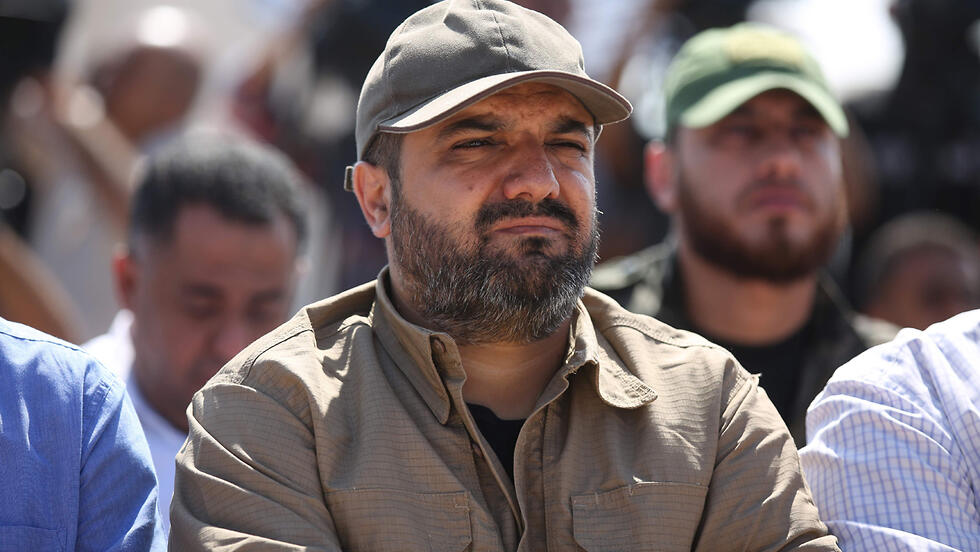A long-term understanding between Israel and the ruling Hamas faction in Gaza is not an entirely bad thing.
It will most probably cause substantial damage to the Palestinian Authority both internally and internationally, and will likely help Hamas solidify its rule over the Gaza Strip, but it will also provide calm along the Israeli side border to the benefit of communities there, improve the living conditions of the Gazan population and facilitate future regional alliances.
With no strategic alternative such as the PA being willing to retake control of administering the besieged enclave – an unlikely occurrence at this point - or a military takeover by Israel, a long-term understanding over Gaza is an option that must be considered.
But in recent months, what has been transpiring on the ground is far from the hoped-for strategic long-term understanding.
It is unclear whether Hamas is prepared for such an agreement and Israel, which is once again on the cusp of a national election, is unable to make decisions of a strategic nature.
Officials in Jerusalem are trying to show they are making progress in the talks, whether motivated by political considerations or security concerns such as the need to concentrate efforts on the northern front and Iran.
But haste, in this case, may push back three key issues that must be included in any real agreement:
• Hamas must agree to end its military actions including those on the West Bank
• Hamas must assume complete control of all rogue factions in the Gaza Strip
• The bodies of two fallen Israeli soldiers and two Israeli civilians believed held by Hamas in Gaza must be released
The current or future government of Israel, should it wish to advance the strategic understanding, will have to insist these terms are accepted in full.
In recent months, Hamas has created a public perception that it is in line with Israel's efforts to reach a long-term understanding and to combat the rogue factions destabilizing the Strip.
Hamas was then able to act as an observer and keep out of the fighting that erupted after Israel's assassination of Islamic Jihad Baha Abu al-Ata commander in November 2019.
It also enabled the Gaza rulers to avoid asserting their power over the factions – a move that would have hurt their public image as a resistance movement.
The biggest challenge for Hamas will be exerting authority over other factions. Palestinian forces have avoided this potential conflict for decades, but that is the most crucial aspect that must be agreed on before a long-term understanding can be reached.
In the past few days, Hamas once again became an instigator of violence after launching incendiary balloons across the border, to demonstrate the terror group's dissatisfaction with the pace of the talks and the implementation of some of the agreements already reached.
Until the key issues are agreed upon, Israel's government should not claim progress is being made towards any long-term agreement.
It would do better to advise its public that the objectives it is hoping to achieve are, for now, temporary tactical understandings and not a strategic agreement that could dramatically change the face of Gaza.
Michael Milstein is the head of the Palestinian Studies Forum at the Moshe Dayan Center for Middle Eastern and African Studies, Tel Aviv University






